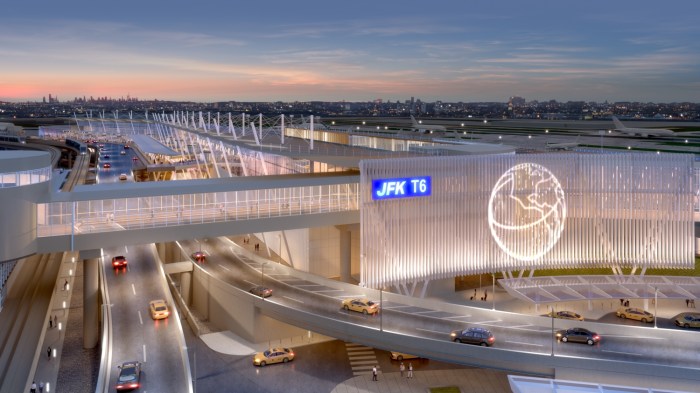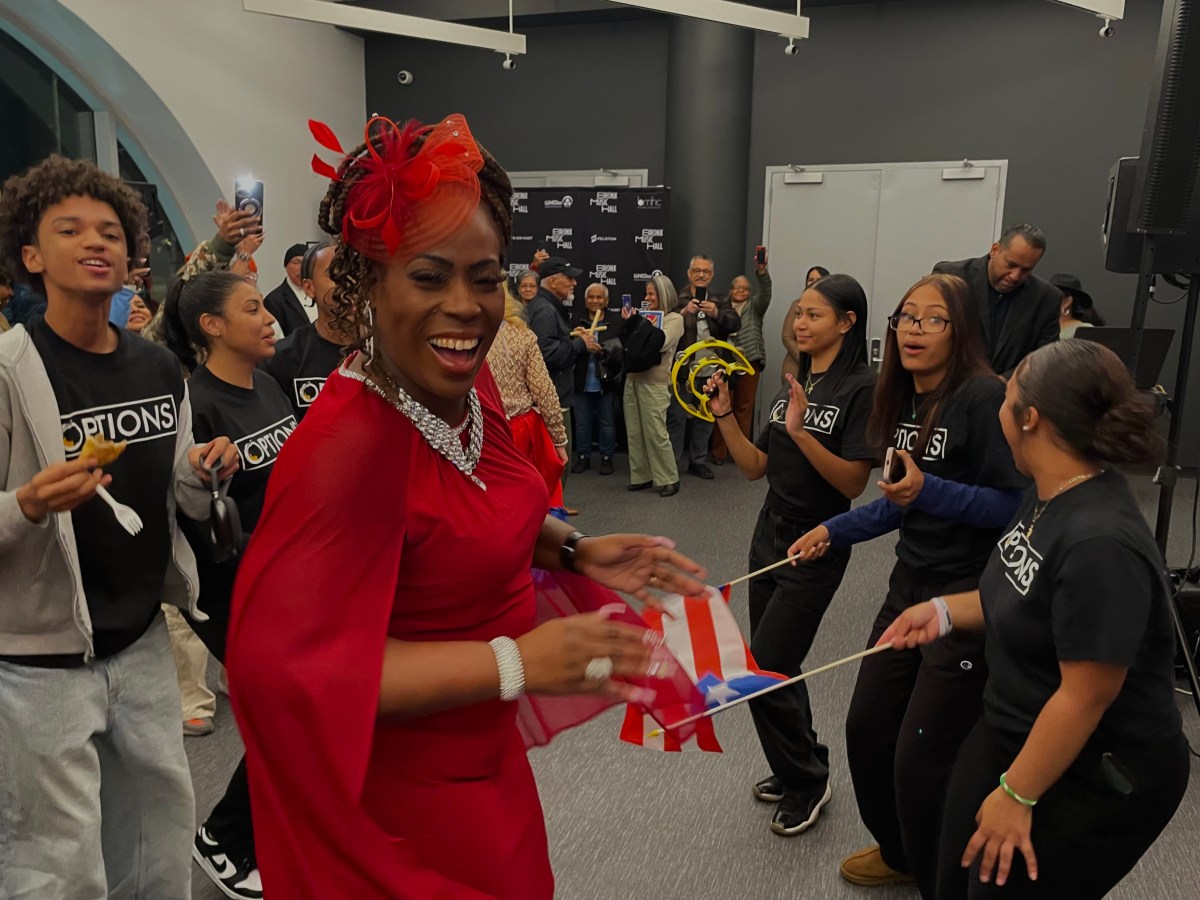St. Vincent and the Grenadines’ Prime Minister Dr. Ralph E. Gonsalves said, while much development has been accomplished over the past 37 years of political independence, much still needs to be done.
In his independence message to nationals in the Diaspora, read in part by New York Consul General Howie Prince, at a gala Independence Luncheon on Sunday, at Grand Prospect Hall in Brooklyn, Gonsalves said the nation’s progress, enhanced prosperity, peace and socio-political stability have been achieved largely through efforts at home in concert with “considerable assistance” from the Diaspora, friendly nations, supportive institutions and “peoples regionally and globally under the suzerainty of a blessed God.”
He said, despite individual and collective “sinfulness and short-comings, God has been good and loving to us.”
The Vincentian leader said the Almighty has helped the multi-island state to overcome its limitations “and realize a host of our possibilities.
“Today, therefore, we are first of all grateful to a forgiving and loving God,” he said. “Secondly, on behalf of the entire nation, I thank most sincerely everyone, of all walks of life, at home and abroad, Vincentians and non-Vincentians alike, for the contributions, however small, that have been made, and are being made, to our people’s upliftment.
“Our gratitude is immense, and it is heart-felt,” he added.
In commemorating and celebrating the independence anniversary, Gonsalves urged nationals to avert “any chauvinism or narrow insular nationalism,” warning that “contemporary St. Vincent and the Grenadines cannot isolate or cut itself off from our region or the world.
“Indeed, it is absolutely impossible to be in any such pristine isolation,” he said. “While being true to our patrimony and committed to our St. Vincent and the Grenadines, we must recognize that we are part of our authentic Caribbean civilization and an integral member of our family of nations globally.”
The prime minister said the nation’s very small size – 150 sq. miles – “imposes upon us an especial obligation to interface meaningfully with our region and the world in the interest of our people’s development and upliftment.”
He said this interface, among other things, “touches and concerns” social interactions; people-to-people contacts; political engagements; trade and economic relations, including the attraction of foreign direct investment, migration and technological advancements.
“In the process of this many-sided interface, our approaches will necessarily contain elements of resistance, embrace, and accommodation to this or that consideration or matter arising from the constellation of external forces, so as to secure our national interest,” Gonsalves said.
He said he restated those “verities” at this time, “because there is present in some discordant circles an infantile or ill-conceived aversion of things non-Vincentian and a wholly unrealistic devotion to an hermetic self-sufficiency.”
Gonsalves, therefore, reaffirmed what he described as the “necessity and desirability for St. Vincent and the Grenadines to build a modern, competitive, post-colonial economy, which is at once national, regional and global.
“And we must train our people to think in these terms to acquire the requisite skills for this modern political economy, and to interface confidently, in practice, with the region and the world,” he said. “There is no other credible path to continued progress, prosperity, peace and socio-political stability.”
In reiterating the charge in the Book of Micah, the prime minister said: “Do justly, love mercy, and walk humbly with God.”




















